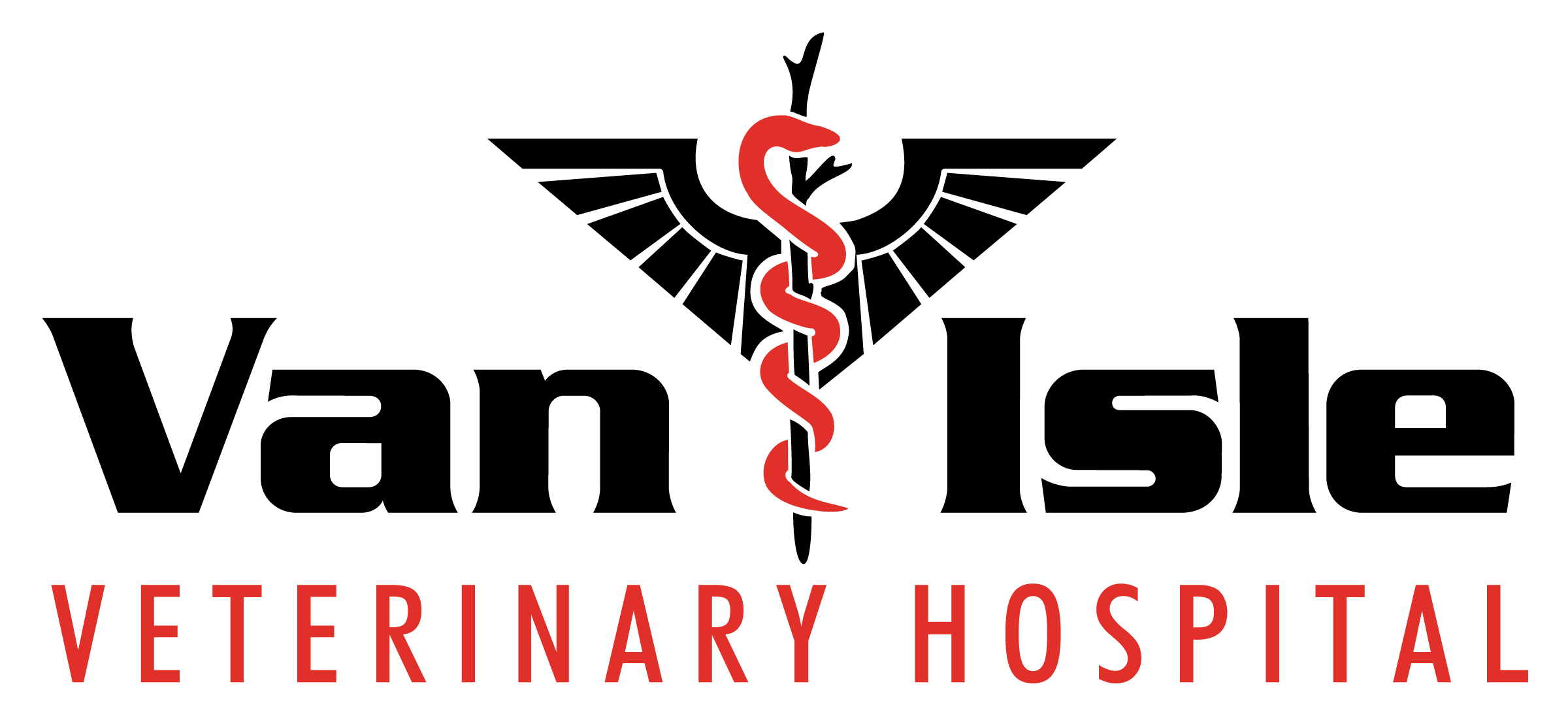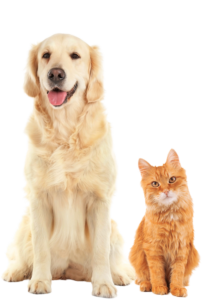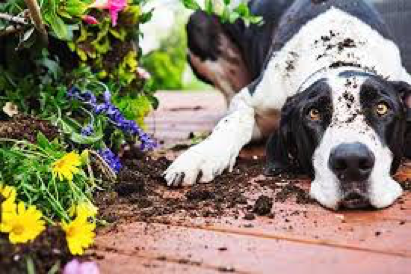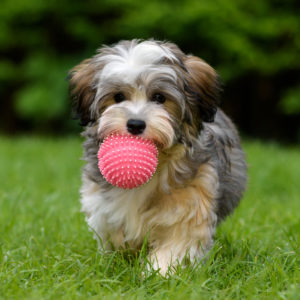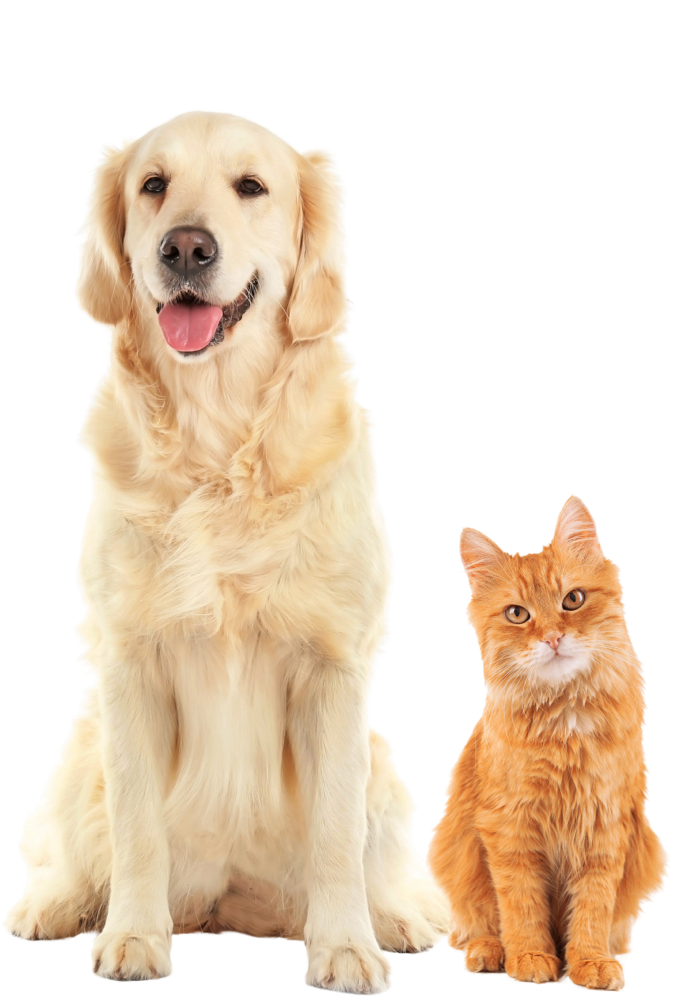There is nothing more rewarding then spending quality summer days in the very garden you worked so hard tending throughout the spring. This is the time of year we trade in the ski poles for the garden hoes and get to work!
Our pets also love nothing more than relaxing in the garden and Spring can be a very exciting time of year for our four legged friends.
Some of the most common dangers to our pets are right in our own backyards! Please familiarize yourself with some of these dangers and perhaps decide how to make your garden more pet friendly. The autumn crocus, azalea, cyclamen, kalanchoe, lilies, oleander, daffodils, lily of the valley, sago palm, tulips, hyacinth and even tomatoes are just some of the hazardous plants that we see here in the Comox Valley.
Other hazards in the garden which can easily be found lying around this time of year include fertilizers, minerals and pesticides. Just like children, your pet sees you working away in the yard with different containers and boxes which they see as potential treats. Curiosity inevitably takes over while you walk away to take a phone call or stop for a much needed break. Keep all fertilizers and garden supplies tucked up off the ground or in a large sealed tupperware bin where your curious furry friends can’t get them.
Another common garden hazard is compost. The warm smells of rotting compost can be irresistible for your pet and other critters that wonder through our backyards. Compost can produce tremorgenic mycotoxins which are toxic to pets and wildlife. Signs of compost poisoning can start with agitation, panting, drooling, hyperthermia and can progress to vomiting, hyper-responsiveness and even seizures. Symptoms can begin within 30 minutes to several hours of ingestion. Sadly there is no antidote to compost poisoning so please seek prompt treatment from your veterinarian if you suspect your pet has sampled some compost. The best thing for compost poisoning is prevention so good quality fencing around the compost pile is a must.
Our beautiful rainforest is also home to many pests that we try to control. Before using any soil additives, fertilizers, pesticides our slug and snail baits please do some research and chose pet friendly products. If you suspect that your pet has ingested any of these, it is essential that you bring the packaging along to your veterinarian so they can quickly and efficiently identify what they have ingested and can choose the appropriate form of treatment.
Many seasoned gardeners also come equipped with a tool box full of home remedies. Keep in mind that some of these home remedies, even natural ones can be extremely dangerous to your pet. Always call the Pet Poison Helpline or your veterinarian if you suspect your pet has ingested something that could be harmful. As always, prevention is best. Knowing which products could be harmful and knowing what to watch for could save your pet’s life. Stay safe and happening gardening!
Written by Van Isle Veterinary Hospital
